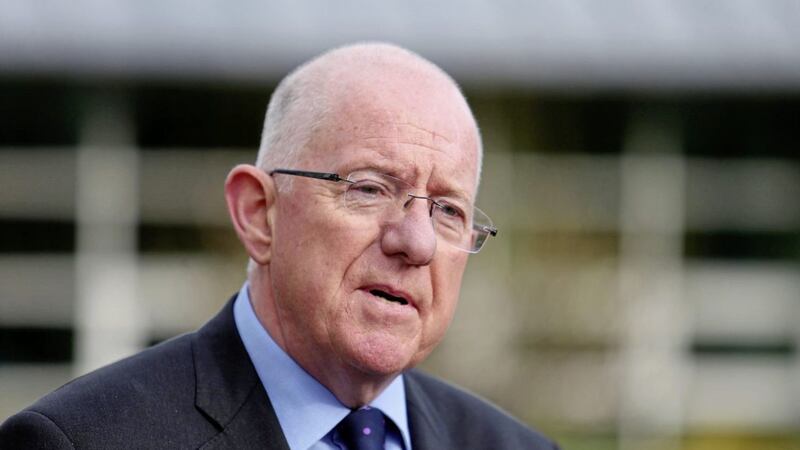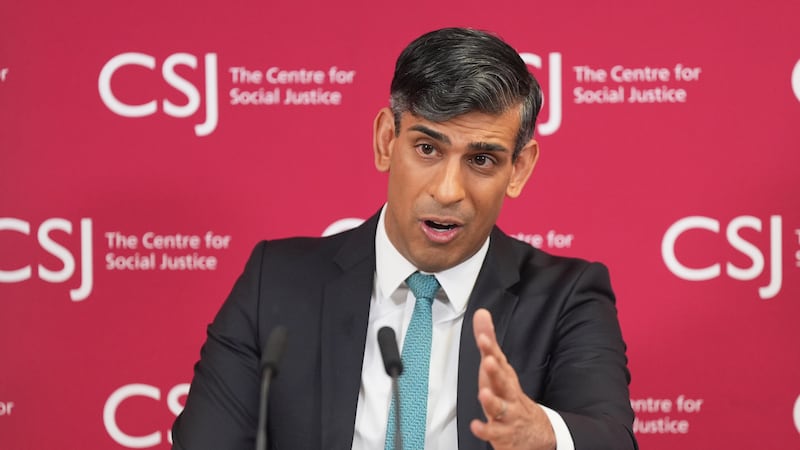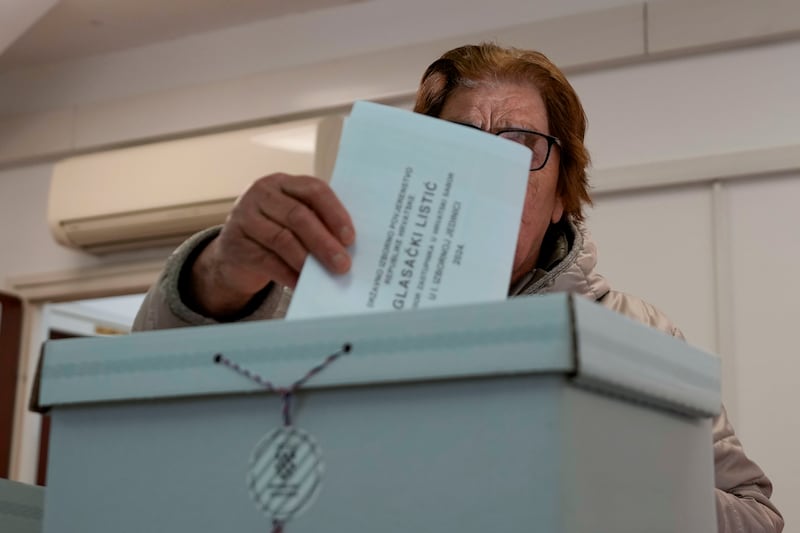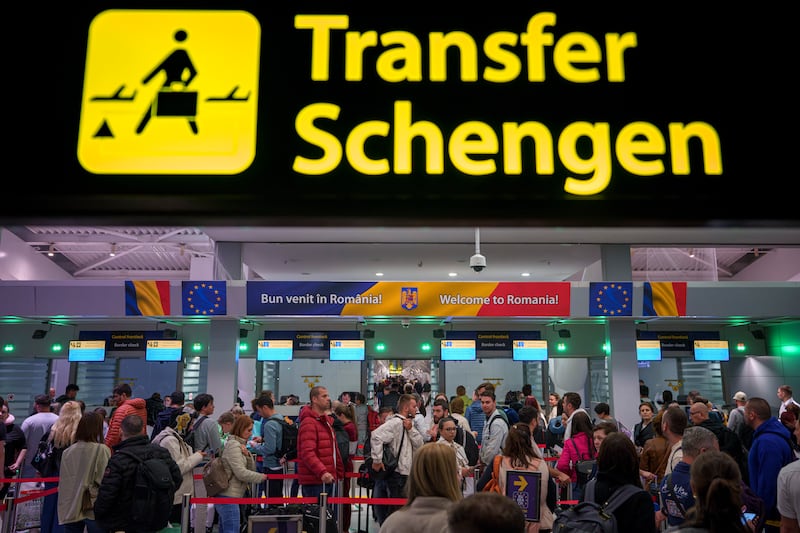BREXIT should not be allowed to diminish the right of people in Northern Ireland to Irish and therefore European Union citizenship, the Republic's foreign affairs minister Charlie Flanagan has said.
In an address to a Brexit conference at Dublin City University yesterday, Mr Flanagan said the Good Friday Agreement "provides for a unique political and constitutional settlement" in the north.
He said the provision within the agreement which recognises the right of people in the north to identify themselves as British, Irish, or both has "no parallel elsewhere in Europe".
"In essence, this means that virtually everyone born in Northern Ireland can of right choose to be an Irish citizen and therefore a citizen of the European Union," he said.
"Throughout the withdrawal process, the (Irish) Government will therefore be working to ensure that the rights currently enjoyed by Irish citizens in Northern Ireland as EU citizens are not diminished."
Mr Flanagan said that as the UK approaches negotiations on its withdrawal from the European Union, it is "essential" that power-sharing is restored in the north.
"I am travelling to Belfast immediately after this engagement to meet again with the parties in the hope that it may still be possible to make a final push to conclude the talks successfully in the coming days," he said.
He said he was pleased that the European Council has recognised "the unique circumstances on the island of Ireland" and noted the references to Ireland in British Prime Minister Theresa May’s letter of notification.
Mr Flanagan said he and his government still believe that "Brexit is bad for Britain, bad for Ireland and bad for Europe".
"But equally, we recognise that the result of the referendum of June 23 last must be respected," he said.
He said the EU does not want to "punish" the UK for leaving the union and said any Brexit negotiations should be constructive.
"The perspective is not about punishing those who leave, but highlighting, protecting and consolidating the benefits of EU membership for those who remain," he said.
He said although the EU and UK were not "on the same page on all issues" both sides wanted a close relationship in the future and the "need to avoid a disorderly exit".
"Therefore, Ireland strongly believes that a transitional arrangement should be agreed as part of the withdrawal process, in order to provide legal certainty and to avoid what has been termed as a 'cliff edge' scenario, including with regard to trade, customs and other key sectors," he said.
Mr Flanagan added that a 68 per cent increase in requests from Britain and Northern Ireland for Irish passports in the first quarter of this year "gives rise for optimism".
"EU citizenship is valued," he said.







